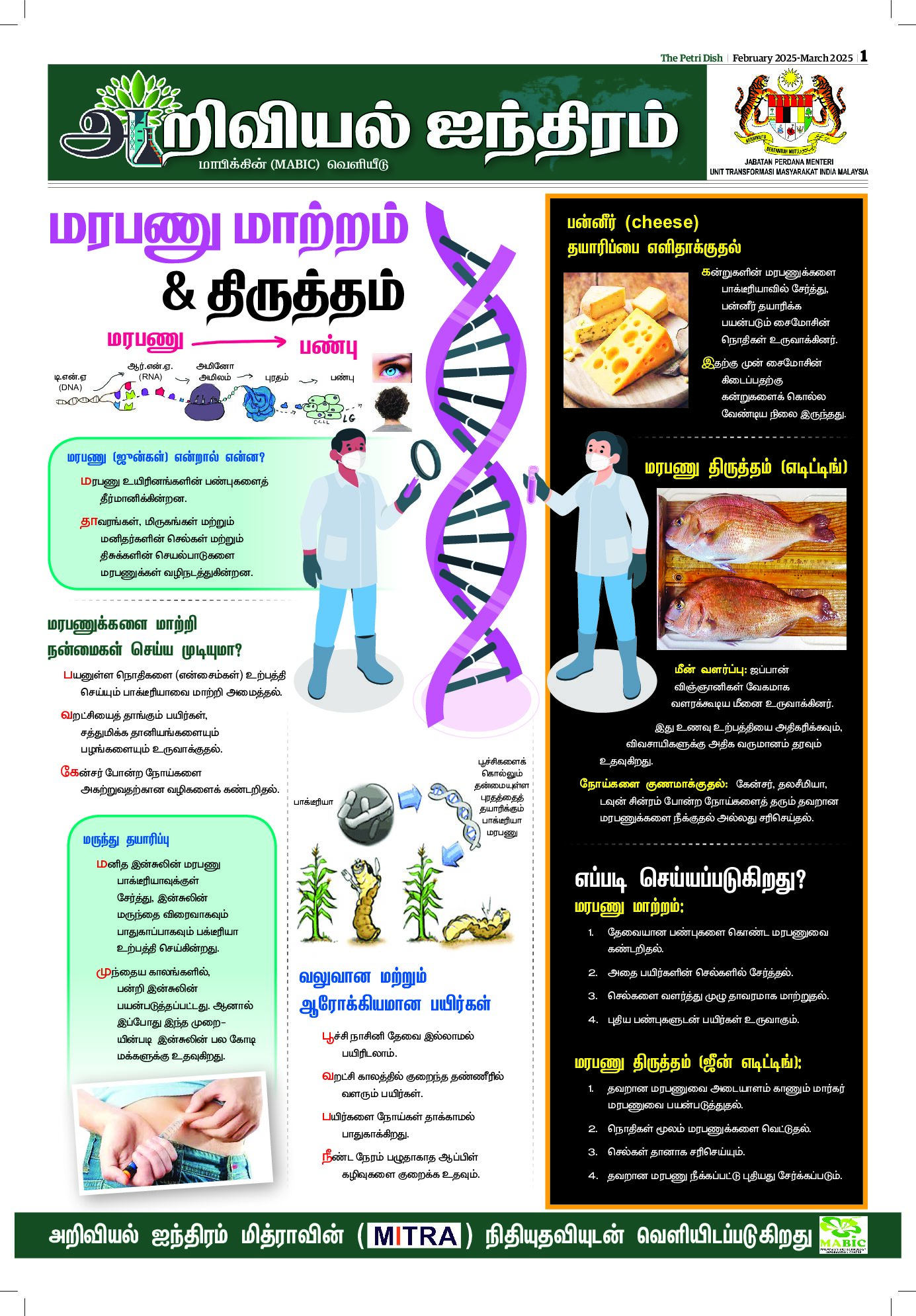A STUDY published by The BMJ recently reports a possible association between higher consumption of sugary drinks and an increased risk of cancer.
While cautious interpretation is needed, the findings add to a growing body of evidence indicating that limiting sugary drink consumption, together with taxation and marketing restrictions, might contribute to a reduction in cancer cases.
The consumption of sugary drinks has increased worldwide during the last few decades and is convincingly associated with the risk of obesity, which in turn is recognised as a strong risk factor for many cancers. But research on sugary drinks and the risk of cancer is still limited.
So a team of researchers based in France set out to assess the associations between the consumption of sugary drinks (sugar-sweetened beverages and 100% fruit juices), artificially sweetened (diet) beverages, and risk of overall cancer, as well as breast, prostate, and bowel (colorectal) cancers.
Their findings are based on 101,257 healthy French adults (21% men; 79% women) with an average age of 42 years at inclusion time from the NutriNet-Santé cohort study.
Participants completed at least two 24-hour online validated dietary questionnaires, designed to measure usual intake of 3,300 different food and beverage items and were followed up for a maximum of 9 years (2009-2018).
Daily consumption of sugary drinks (sugar-sweetened beverages and 100% fruit juices) and artificially sweetened (diet) beverages were calculated and first cases of cancer reported by participants were validated by medical records and linked with health insurance national databases.
Several well-known risk factors for cancer, such as age, sex, educational level, family history of cancer, smoking status and physical activity levels, were taken into account. Average daily consumption of sugary drinks was greater in men than in women (90.3 mL v 74.6 mL, respectively).
During follow-up, 2,193 first cases of cancer were diagnosed and validated (693 breast cancers, 291 prostate cancers, and 166 colorectal cancers). The average age at cancer diagnosis was 59 years.
The results show that a 100 mL per day increase in the consumption of sugary drinks was associated with an 18% increased risk of overall cancer and a 22% increased risk of breast cancer. When the group of sugary drinks was split into fruit juices and other sugary drinks, the consumption of both beverage types was associated with a higher risk of overall cancer. No association was found for prostate and colorectal cancers, but numbers of cases were more limited for these cancer locations.












